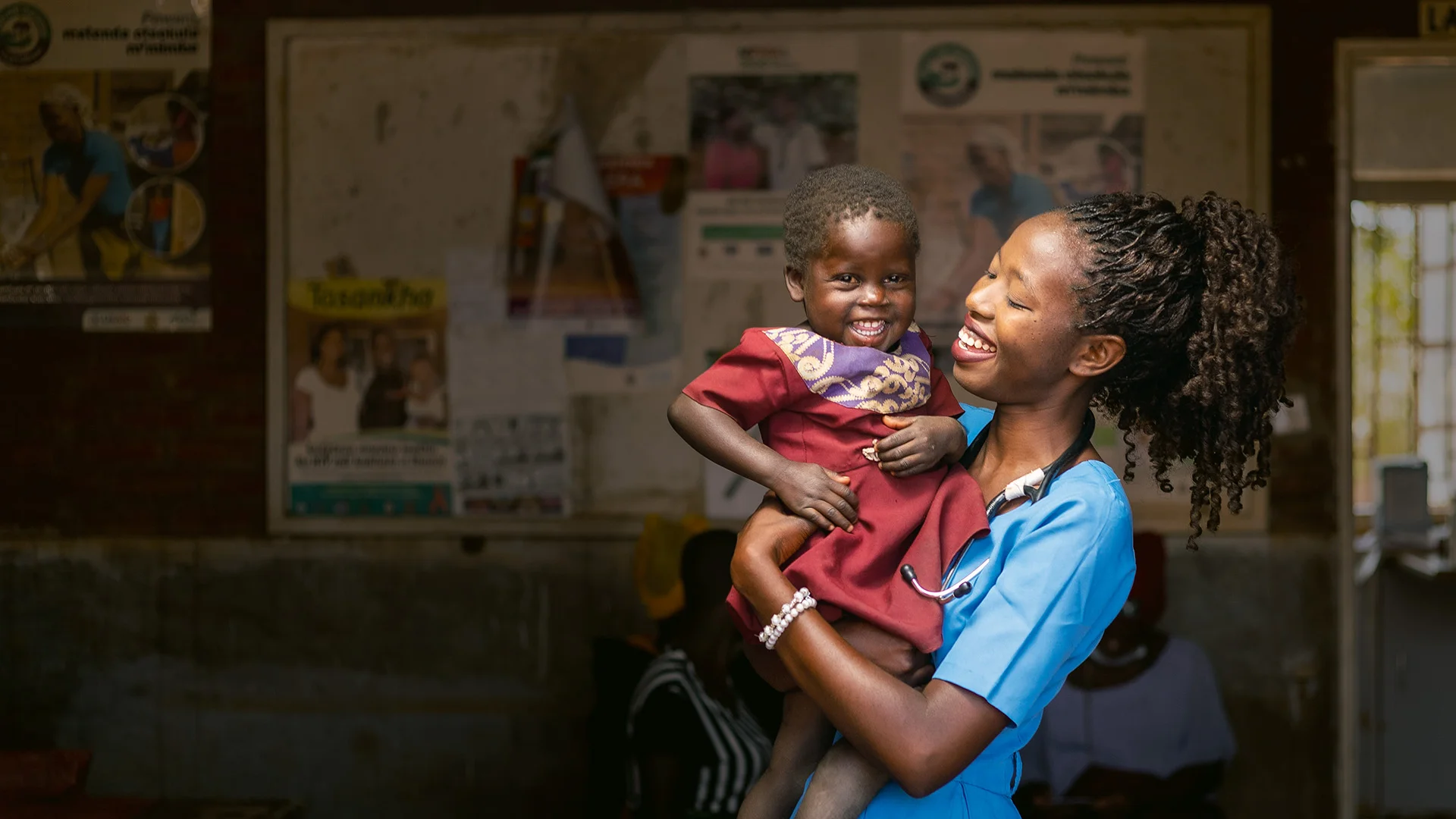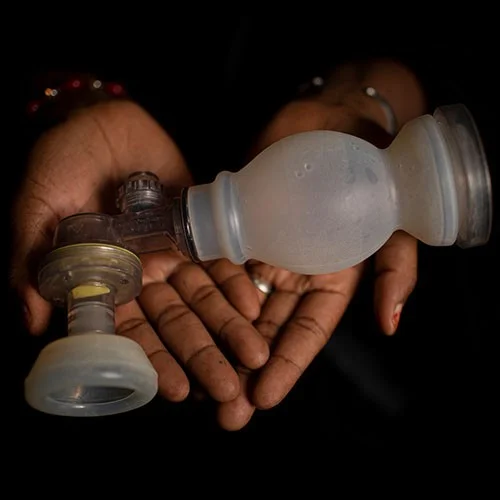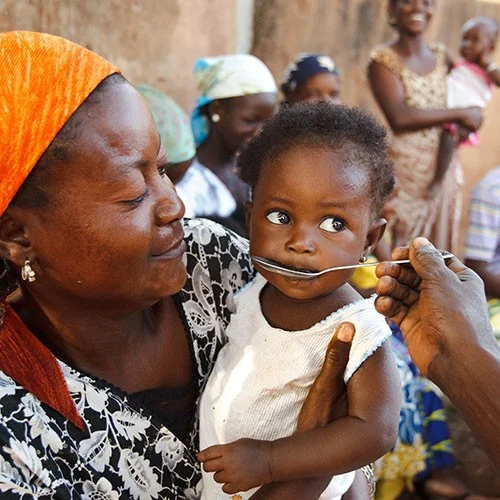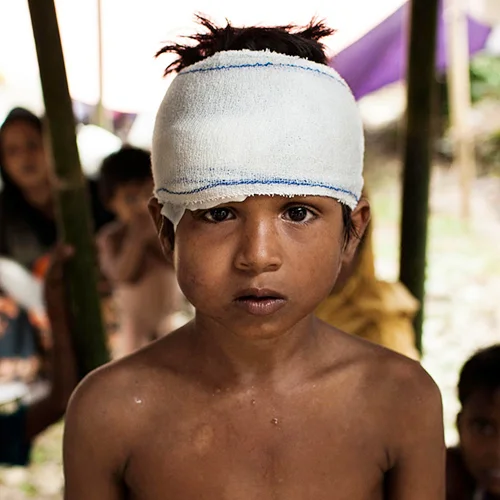One in four children worldwide grows up in a country rocked by humanitarian crisis. In every emergency, UNICEF is one of the first organizations on the ground. We put our heart and soul into helping children and families in need around the clock and in the most remote regions,never giving up until they get the relief they require. The United Nations Children’s Fund delivers vital supplies, supports ongoing education, ensures children are protected and does everything it can to help them return to a normal life as quickly as possible. A normal life where they can be children again.
We stay on the ground.
The long-term effects of disasters are often felt by children for a long time. That is why we stay on the ground even when the worst seems to be over. Children die because they contract cholera due to water points being contaminated after heavy flooding. They die of preventable diseases because they have no opportunity to get vaccinated while fleeing civil war. They die because the harvest fails after a long drought, and they get too little food or not enough of the right kind.
In order for UNICEF to continue saving children’s lives, we need the support of dedicated people like you. You make it possible for UNICEF to provide sustainable aid through its numerous programs. Not just during humanitarian disasters, but also before and after them.



